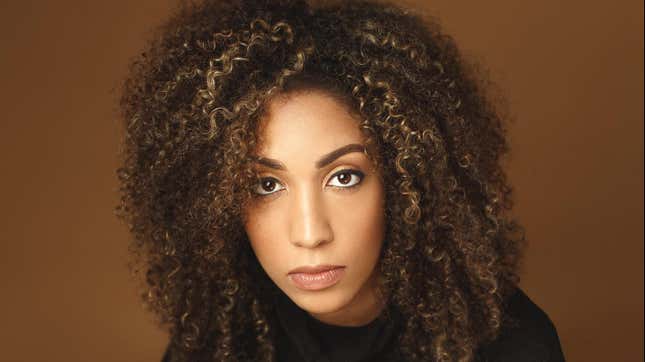It’s a safe bet to assume venture capital investment in African startups will slow down this year after record-breaking growth.
Industry insiders already expect economic effects of the coronavirus pandemic will likely result in investor reticence. And, with investors likely tilt towards portfolio startups and established companies with proven business models in uncertain circumstances, seed stage startups are expected to be most at risk.
Ingressive Capital, a venture fund that focuses on pre-seed and seed stage investment, is looking to ensure that’s not entirely the case. Launched in 2017, Ingressive has closed new investment which takes the size of its fund to $10 million, double its previous level. New investors include the Nigeria Sovereign Investment Authority, San Francisco-based Plexo Capital and Lagos-based Platform Capital.

Amid expectations of venture capital contraction on the continent, Maya Horgan-Famodu, founder of Ingressive, says the fund is shopping for new opportunities. “We have a lot of dry powder for new pre-seed deals and we’re still very actively investing in companies,” Horgan-Famodu, 29, tells Quartz Africa. Ingressive has already backed four new companies so far in the second quarter of the year, she adds.
The fund is also expanding its scope: after operating in Nigeria, Kenya and Ghana, it is now looking to North Africa, starting with Egypt. Ingressive’s portfolio already includes payments firm Paystack and genomics research company, 54gene.
Ingressive’s larger fund adds to the pool of limited options available to seed-stage founders and startups. In April, Iyin Aboyeji, who made his name as an early co-founder of Andela and then Flutterwave, launched the Future Africa Collective to provide new funding sources for African companies “at the earliest stages.” Crucially, unlike most funds backed by institutional investors, the Future Africa Collective aims to source for funding from the growing pool of diaspora-based as well as younger, upwardly mobile Africans looking to tap into startup investment opportunities who have signed up.
Given the expected economic impact of Covid-19, funding sources for seed stage startups have been predicted to thin out with investors believed to be more likely to provide follow-on backing to already funded companies. Indeed, while looking to make new bets, Horgan-Famodu admits Ingressive is also keeping “reserves” for its portfolio companies. Yet, while having a larger pool of options is a boon for early-stage startups, there’s still a significant gap between seed and growth funding levels across the continent.
Sign up to the Quartz Africa Weekly Brief here for news and analysis on African business, tech and innovation in your inbox
